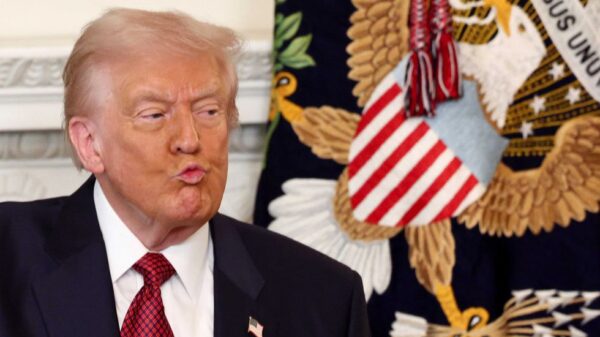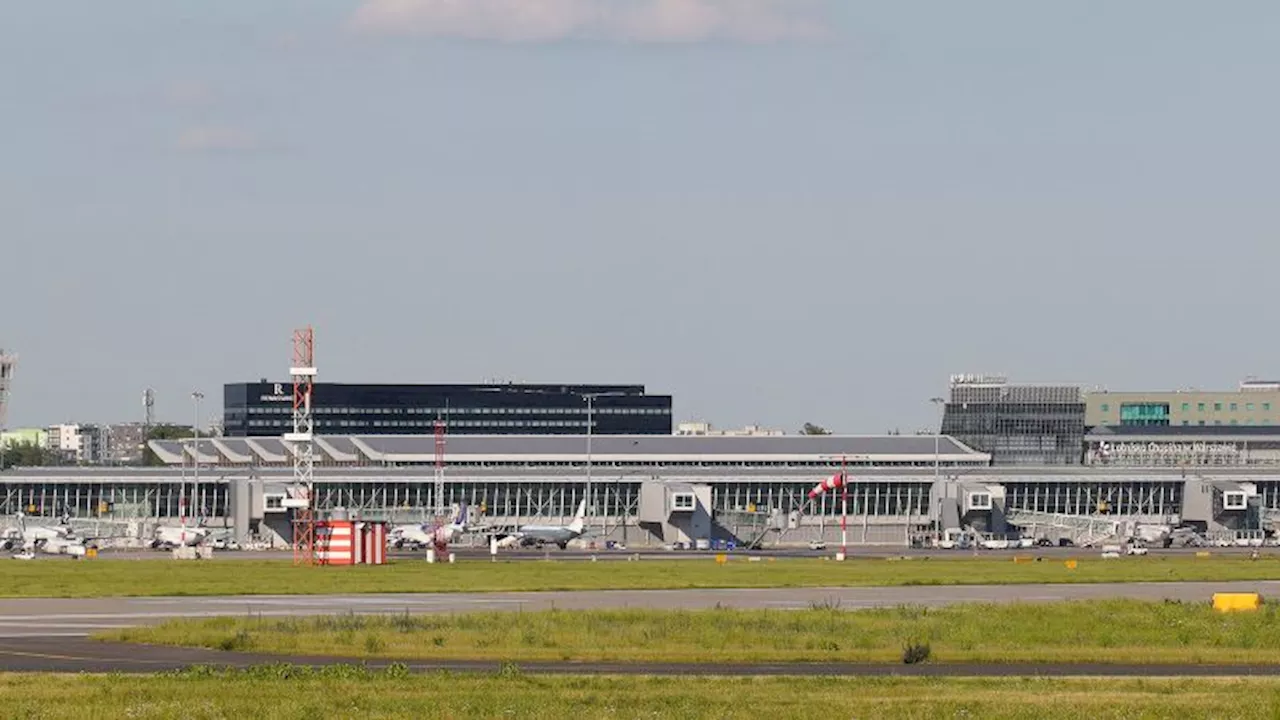Poland has formally requested NATO to activate Article 4 following the incursion of Russian drones into its airspace. This significant development underscores escalating tensions in Eastern Europe amid ongoing conflicts involving Russia. Article 4, which allows NATO member states to convene for consultations when one of their territorial integrity or security is threatened, has been invoked only seven times since the alliance’s inception in 1949.
The incident occurred near the Polish border, prompting an immediate response from Polish military officials. Reports indicate that the drones were detected on March 15, 2024, leading to concerns about a potential breach of national security. Polish Prime Minister Mateusz Morawiecki stated that the government is taking the matter seriously and has called for urgent discussions among NATO allies to address the situation.
Historical Context and NATO’s Response
Since its establishment, NATO has invoked Article 4 in situations involving perceived threats to its members. The last activation occurred in 2019, when Turkey sought consultations regarding its security concerns in Syria. The rarity of such actions illustrates the gravity of Poland’s request, reflecting the heightened sense of vulnerability among NATO members in light of Russia’s military activities.
NATO Secretary General Jens Stoltenberg has acknowledged the request from Poland and stated that the alliance will examine the situation closely. Stoltenberg emphasized the importance of collective defense and assured Poland of NATO’s solidarity. He remarked, “Any threat to one member is a threat to all,” reinforcing the principle that underpins the alliance.
The European Union has also expressed support for Poland, with EU officials reiterating their commitment to regional security. Diplomatic channels are being activated to ensure that a coordinated response is developed among member states. Analysts suggest that the situation could lead to increased military presence in Eastern Europe, as NATO allies assess their defensive postures.
Potential Implications for Regional Security
The activation of Article 4 could prompt a series of military consultations among NATO members, potentially leading to enhanced readiness and troop deployments in the region. This would mark a significant shift in NATO’s posture, with implications for the balance of power in Eastern Europe.
As tensions rise, the potential for escalation remains. Military analysts are closely monitoring the situation, noting that any miscalculation could have serious consequences. The presence of foreign drones in Polish airspace adds an unpredictable element to the ongoing geopolitical landscape.
The Polish government has urged for calm while advocating for a unified NATO response. With the potential for further incursions, Poland is likely to seek additional support from its allies to bolster its defenses. The situation serves as a reminder of the fragile security environment in Eastern Europe and the ongoing challenges posed by regional conflicts.
As NATO deliberates on Poland’s request, the focus remains on maintaining stability and ensuring the security of its member states in a rapidly changing geopolitical climate.





































































